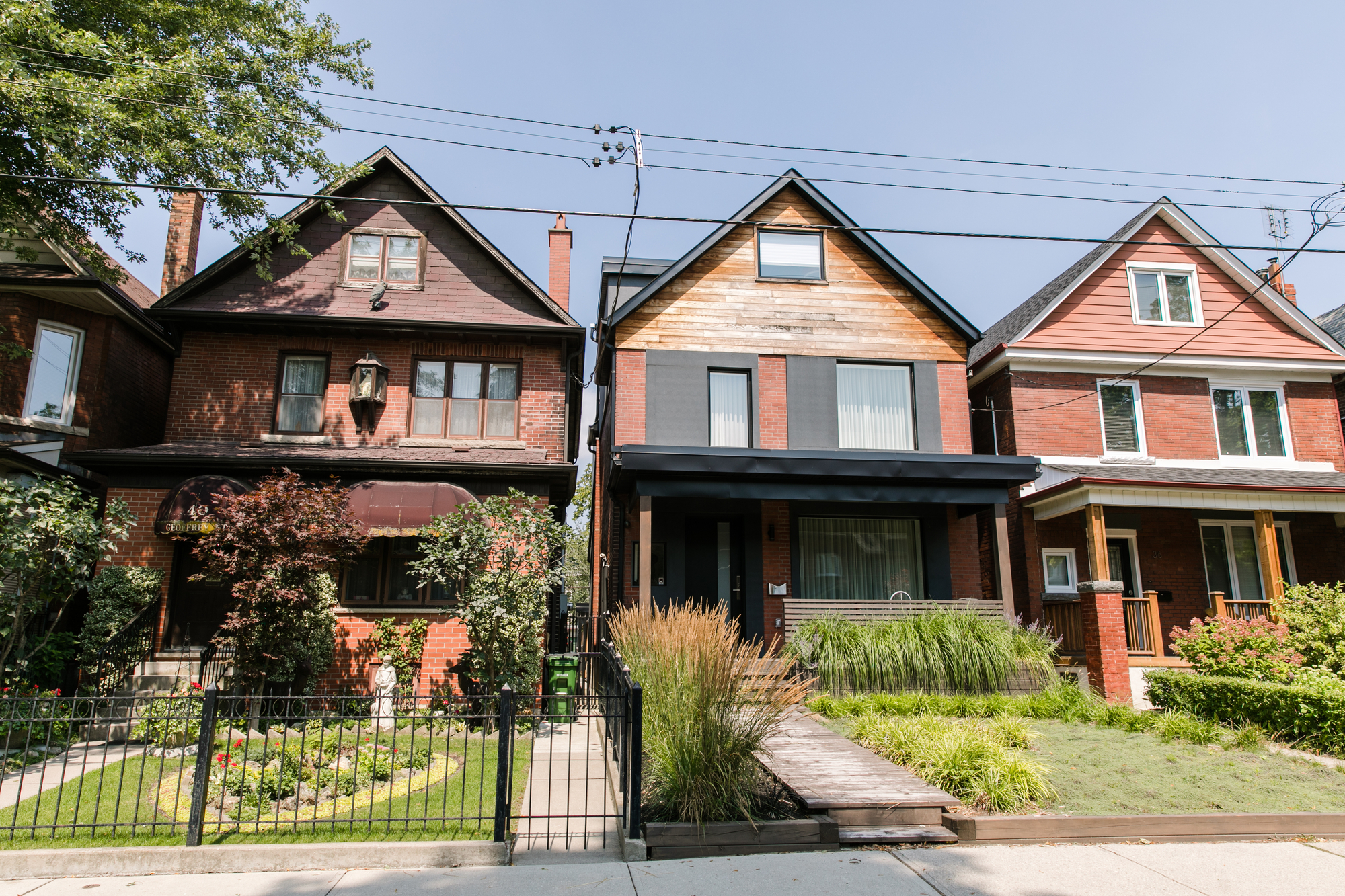Last Updated on November 8, 2023 by CREW Editorial
As the cost of homeownership and renting soar in Canada, co-living could soon burgeon across the country.
And a new project in Kitchener-Waterloo by Node, a global leader in the co-living space, could be a telltale sign of how quickly it catches on.
The move-in-ready units will be completely furnished with all-inclusive utilities, and interestingly, “Community Curators” will match roommates together. Because co-living is predicated on the concept of community, curators help residents connect with each other and the wider community.

Shafin Jadavji, a local partner of Node Living, noted that, in addition to a fervent social environment, “Nodies,” as they’re known, also benefit from bundled costs and, therefore, savings.
“If you’re good to live with a roommate, you cut monthly expenses into half; if you want to live alone, there are also one-bedroom units,” said Jadavji. “When you look at the cost of buying furniture, dealing with internet hook-ups, cable, utilities—all those things add up and become a significant cost. At Node Living, it comes in 25-30% lower when you factor in those other costs, so we’re making the system more efficient.”
Also paramount to co-living is separating the objective from the experience, added Jadavji.
“Co-living is just an objective, but the experience you have is what co-living will become,” he said. “It’s the experience of the bespoke individual and their ability to connect with the communities in which they live.”
Kitchener-Waterloo is becoming a technology hub—the exact kind of industry that celebrates new modes of working, and even living, perhaps making it the ideal place for Node’s entry into the Canadian market. Yet, if the cost of living in Kitchener weren’t becoming prohibitive, co-living probably wouldn’t be necessary.
“The challenge of trying to find a unit in a traditional multifamily apartment in downtown Kitchener is you’ll be put on a waiting list,” said Jadavji. “When you’re on a waiting list you’re paying rents that are quite high, especially when you consider that Kitchener is a secondary city outside of Toronto.”
The difficulty with that is salaries in secondary cities tend to be lower.
Node Living is also situated close to transit and Kaufman Park, which should abet various social activities.
“The City of Kitchener has done an amazing job planning their infrastructure spend and going through its own rezoning process to encourage future development,” said Jadavji. “It will be exciting to see what happens because there’s already been a slew of development in the downtown area.”
Neil Sharma is the Editor-In-Chief of Canadian Real Estate Wealth and Real Estate Professional. As a journalist, he has covered Canada’s housing market for the Toronto Star, Toronto Sun, National Post, and other publications, specializing in everything from market trends to mortgage and investment advice. He can be reached at neil@crewmedia.ca.









